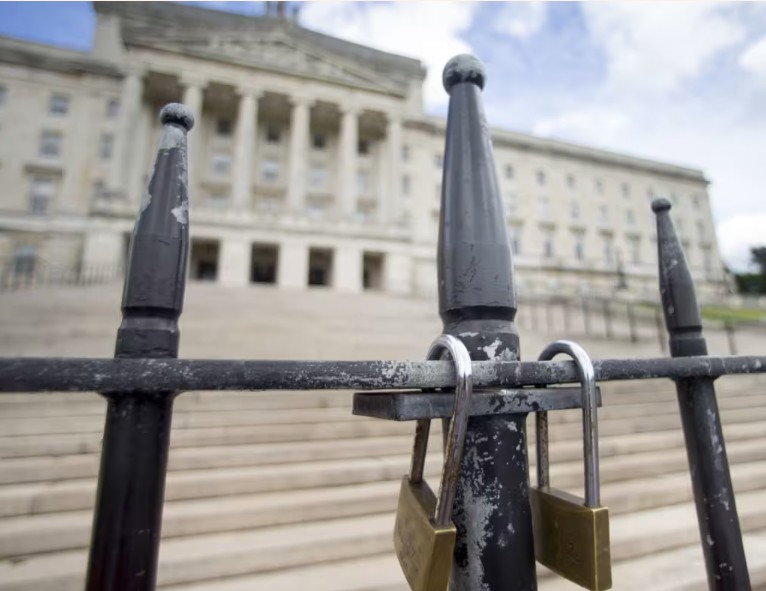Recent news shook the financial services space on Friday, April 26th, as Pennsylvania state banking regulators, in collaboration with the Federal Deposit Insurance Corporation (FDIC), took decisive action by closing Republic First Bank.Â
With assets totaling approximately $6 billion and deposits reaching $4 billion across its 32 branches as of January 31, the closure marked the inaugural bank failure of 2024 in the United States. Notably, the last recorded bank failure prior to this was Citizens Bank in Sac City, Iowa on November 3, 2023.Â
Operating as a Pennsylvania state-chartered regional lender, Republic First Bank held a significant presence in the tri-state area encompassing Pennsylvania, New Jersey and New York.Â
Learn More: 7 Possible Causes of SVB Failure and Predicting the Impact on Regulatory ReportingÂ
Post Bank Closure
In the aftermath of the closure, Fulton Bank, headquartered in Lancaster, Pennsylvania, emerged as a key player. Boasting assets exceeding $27 billion as of March 31, 2024, Fulton Bank stepped in to absorb a substantial portion of Republic First Bank’s deposits and acquired nearly all its assets as reported by the FDIC.Â
For depositors of Republic Bank’s 32 branches, swift action was taken to ensure access to their funds. ATMs remained operational, and checks were honored on Friday evening. By Saturday morning, these branches were re-opened under the banner of Fulton Bank, ensuring continuity and service to customers. Â
However, this transition comes at a cost. The FDIC estimates the fallout from Republic First Bank’s failure will amount to a staggering $667 million for the deposit insurance fund. This fund, established by Congress in 1933 and managed by the FDIC, serves as a crucial safeguard for depositors across the nation’s banking institutions. Â
Read More: Lessons Learned From the Fourth United States Bank Failure of 2023Â
Causes of the Bank FailureÂ
The roots of Republic First Bank’s demise trace back to warning signs that emerged in 2022. Identified weakness in internal controls over financial reporting, highlighted in an 8-K Report filed with the Securities and Exchange Commission (SEC), underscored underlying vulnerabilities. Â
Subsequent events, including a decline in deposits and the erosion of the mortgage loan portfolio’s value in a rising interest rate environment, further exacerbated the situation. In August 2023, the parent company of Republic Bank, Republic First Bankcorp, was delisted by Nasdaq, after the bank failed to file its fiscal year 2022 report with the Securities and Exchange Commission. Republic First claimed the report was not filed because of its “former executive team’s failure to maintain adequate internal controls.â€Â Â
The culmination of declining asset values and deposits with weak internal controls led to the inevitable collapse. Â
Resources Mentioned: Â
REPUBLIC FIRST BANCORP INC (Form: 8-K, Received: 02/27/2024 16:52:40) (d18rn0p25nwr6d.cloudfront.net)Â
 Republic First Bancorp Investor Presentation (q4cdn.com)Â
Unlock Regulatory + Risk Management Expertise Â
For deeper insights into the dynamics of recent bank failures and their implications, our team of experts offers valuable resources and analysis. In the wake of Republic First Bank’s closure, it’s imperative for institutions to assess their risk and regulatory landscape. Â
Contact us today to engage in tailored discussions addressing your specific challenges. Â
Source: Read MoreÂ



